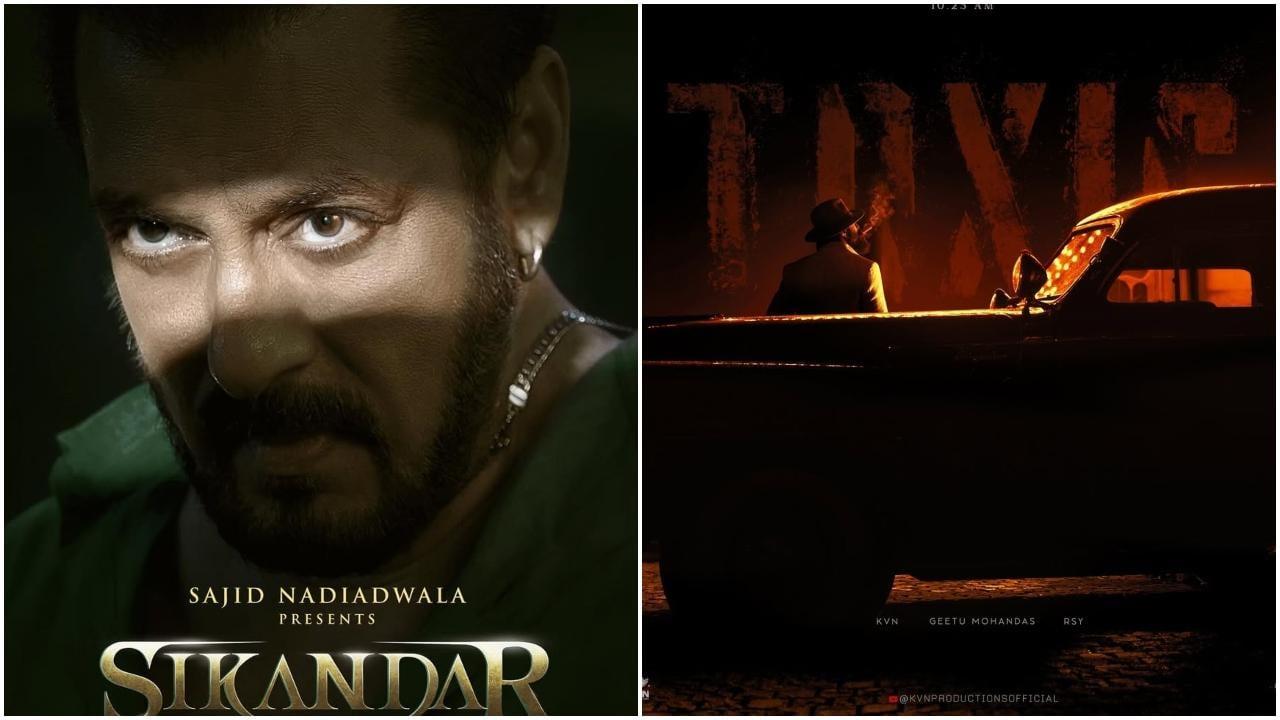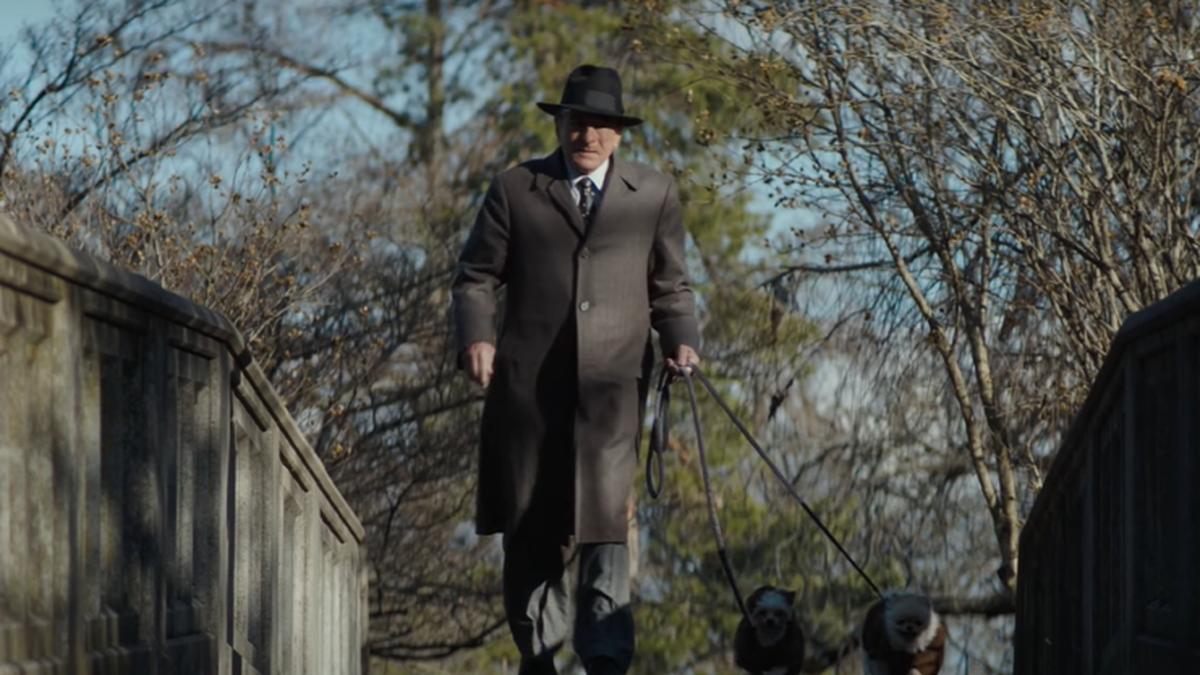
The newly released trailer for Captain America: Brave New World has ignited a substantial amount of controversy, primarily due to the introduction of an Israeli character, Ruth Bat-Seraph, portrayed by Emmy nominee Shira Haas, best known for her role in Unorthodox. This development has prompted calls for a boycott, according to The Hollywood Reporter. The film not only sees Anthony Mackie stepping into the iconic role of Captain America but also introduces veteran actor Harrison Ford as U.S. President Thaddeus Ross, a role previously played by the late William Hurt. While the trailer has generally garnered positive reviews, the portrayal of this specific supporting character has become a lightning rod for controversy.
Ruth Bat-Seraph, as portrayed by Haas, is introduced as a former Black Widow who has now ascended to a high-ranking position within the U.S. government. This character’s backstory, rooted in her original comic book depiction as Sabra, a Mossad agent, has sparked substantial debate. The controversy surrounding her inclusion is multifaceted: pro-Israel advocates are unhappy with the character’s changed allegiance from an Israeli agency to an American one, whereas anti-Israel critics object to the mere presence of an Israeli character. There are assumptions that the character’s updated background may have been altered as a response to ongoing geopolitical tensions.
Marvel Studios officially announced the casting of Shira Haas as Sabra during the D23 Expo in 2022, at which time they also noted that her character’s backstory would be modernized to better align with contemporary narratives. Despite this effort at modernization, Marvel faced immediate backlash from groups such as the Palestinian Campaign for the Academic and Cultural Boycott of Israel. This campaign specifically condemned the original comic portrayal of Mossad agents, likening it to a celebration of problematic historical contexts.
.
In light of this criticism, Marvel Studios emphasized its commitment to reimagining characters to resonate with modern audiences. A comparable instance is Benedict Wong’s portrayal of Wong in the Doctor Strange franchise, which saw significant updates and changes from the character’s original depiction. Within Captain America: Brave New World, Ruth Bat-Seraph will not adopt the name “Sabra” as in her comic book origins. The original character, who made her debut in 1980’s The Incredible Hulk comic series, has been criticized over the years for perpetuating stereotypes through her confrontations with Arabic terrorist tropes and the charged historical resonances of her name.
The film’s narrative and character choices come at a sensitive juncture, considering recent geopolitical dynamics. The decision to change Ruth Bat-Seraph’s allegiance has been particularly controversial among Israeli advocates, who feel that her connections to the Mossad were a fundamental part of her identity that should have been preserved. Conversely, critics opposed to Israeli policies are against the inclusion of an Israeli character in a high-profile Hollywood film, arguing that it glorifies aspects of a government they find contentious.
Despite the feedback, Marvel Studios appears committed to maintaining its creative vision for the film. The studio has reiterated that its character adaptations aim to create relatable and engaging narratives for today’s audience. This ongoing conversation opens up broader questions about representation in media and how fictional narratives intersect with real-world politics.
The inclusion of new characters in established franchises often brings with it a blend of excitement and scrutiny. In the case of Captain America: Brave New World, the introduction of Ruth Bat-Seraph captures this complex tension. As the film draws closer to its release date, it remains to be seen how the audience at large will respond to this contested character and whether this controversy will impact the film’s performance at the box office.
The conversation around Captain America: Brave New World and Ruth Bat-Seraph continues to evolve, shedding light on the delicate balance filmmakers must strike between creative liberty and audience expectation, especially when dealing with characters that have deep-rooted historical and cultural implications. As this story develops, it will be a focal point in discussions about representation and geopolitical narratives in major cinematic productions.










